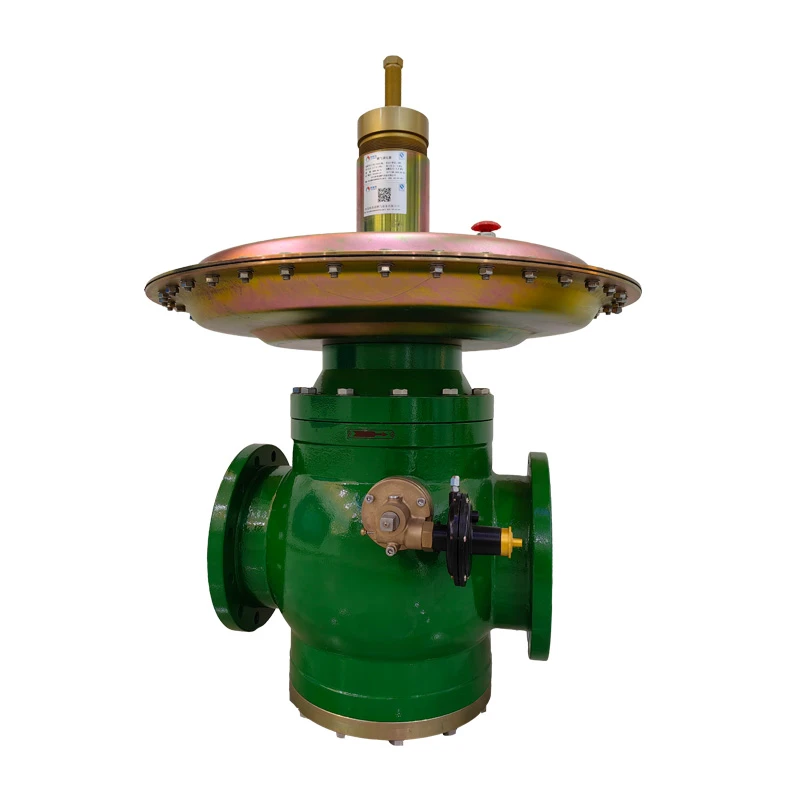
Dec . 03, 2024 18:03
Back to list
gas filter
Gas Filters Understanding Their Importance and Functionality
Gas filters are essential components in a variety of applications, ranging from industrial processes to personal protective equipment. They play a crucial role in ensuring safety and environmental compliance by removing harmful substances from gases. This article will delve into the importance of gas filters, their types, applications, and maintenance to enhance understanding of this vital technology.
Importance of Gas Filters
Gas filters are primarily designed to purify gases by removing particulates, vapors, and odors. In industrial settings, the filtration of gas prevents the emission of harmful pollutants into the atmosphere, thereby adhering to environmental regulations. In personal protective equipment, such as gas masks, filters provide crucial protection against toxic gases, chemicals, and biological agents. This underscores the importance of gas filters in safeguarding both human health and the environment.
Proper filtration is not just a matter of compliance; it is vital for operational efficiency. Contaminants in gas streams can severely affect the performance of equipment. For instance, in power plants or manufacturing facilities, unfiltered gas can damage turbines, reactors, and other machinery, leading to increased maintenance costs and downtime. Thus, implementing effective gas filtration systems can result in significant economic benefits.
Types of Gas Filters
There are several types of gas filters, each designed for specific applications and contaminants
. The most common types include1. Particulate Filters These filters remove solid particles, such as dust, smoke, and soot, from a gas stream. They are used in various applications, including air purification systems and industrial exhaust systems.
2. Chemical Filters Designed to remove specific chemical contaminants, these filters use reactants that interact with hazardous gases. Chemical filters are crucial in environments where toxic or corrosive gases may be present, such as chemical plants and laboratories.
gas filter

3. Activated Carbon Filters Utilizing activated carbon's adsorptive properties, these filters can effectively remove volatile organic compounds (VOCs), odors, and some gases. They are commonly used in HVAC systems and air purifiers, providing cleaner indoor air quality.
4. Membrane Filters These filters use a selective permeability process, allowing only specific gas molecules to pass through while blocking others. Membrane technology is widely used in gas separation applications, such as in the production of pure nitrogen or hydrogen.
Applications of Gas Filters
Gas filters are employed across numerous industries, including
- Manufacturing Removes contaminants from process gases to enhance product quality and meet environmental regulations. - Pharmaceuticals Ensures cleaner air and gas streams during drug production, safeguarding against contamination. - Food and Beverage Protects against harmful gases that can spoil products and ensures the safety of consumable items. - Mining and Oil & Gas Filters toxic gases to protect workers in hazardous environments. - Environmental Protection Used in air quality control systems to filter pollutants out of emissions, contributing to sustainable practices.
Maintenance and Best Practices
To ensure the effective operation of gas filters, regular maintenance is essential. This includes monitoring the filter’s pressure drop, which can indicate clogging or saturation. Scheduled replacement of filters, based on manufacturers’ guidelines or real-time monitoring, is vital to maintain efficiency.
In addition, proper installation is crucial to maximizing filter performance. Gas filters should be installed in accordance with manufacturer specifications to prevent leaks or bypassing of unfiltered air.
In conclusion, gas filters are indispensable in modern industrial applications and personal safety equipment. Their ability to enhance air quality, protect human health, and comply with environmental regulations makes them an integral part of many systems. Understanding the types, applications, and maintenance of gas filters is essential for leveraging their benefits effectively, ensuring a cleaner and safer environment for all.
Next:
Latest news
-
Safety Valve Spring-Loaded Design Overpressure ProtectionNewsJul.25,2025
-
Precision Voltage Regulator AC5 Accuracy Grade PerformanceNewsJul.25,2025
-
Natural Gas Pressure Regulating Skid Industrial Pipeline ApplicationsNewsJul.25,2025
-
Natural Gas Filter Stainless Steel Mesh Element DesignNewsJul.25,2025
-
Gas Pressure Regulator Valve Direct-Acting Spring-Loaded DesignNewsJul.25,2025
-
Decompression Equipment Multi-Stage Heat Exchange System DesignNewsJul.25,2025

